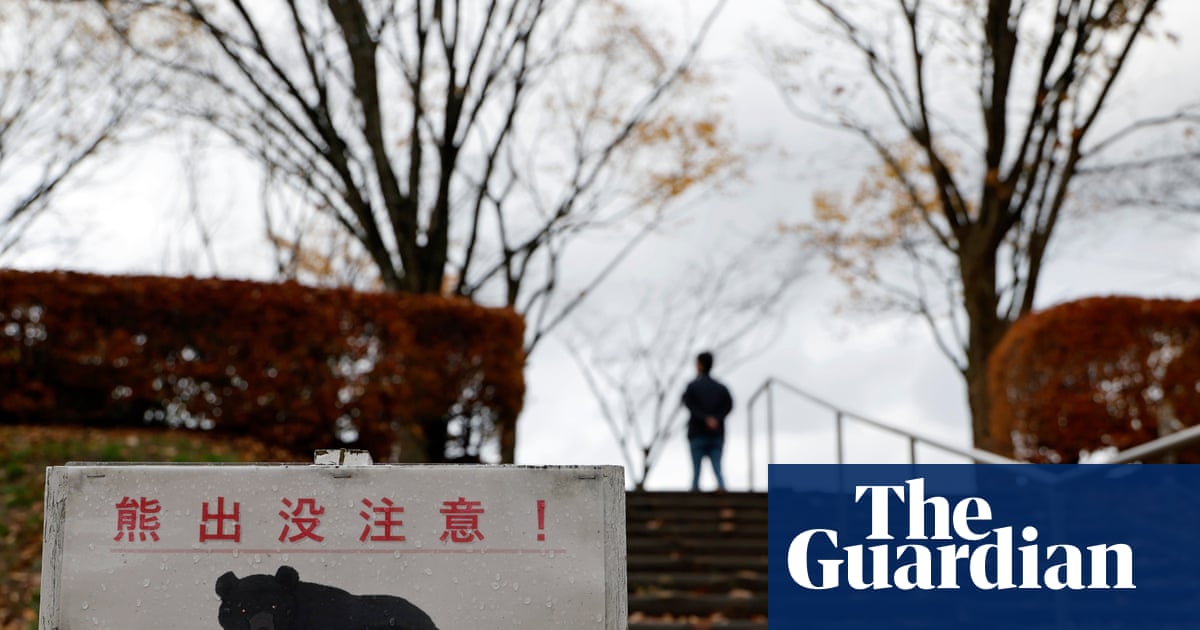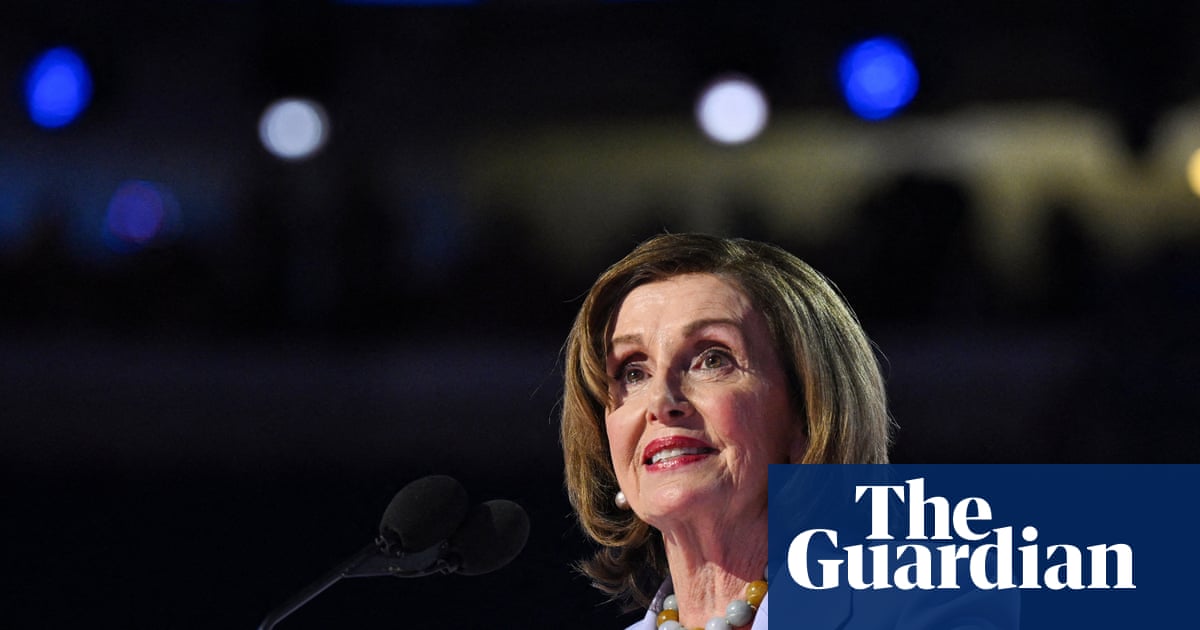A senior pharmaceuticals executive has called on the government to come up with a “proper” roadmap for raising spending on new medicines, saying Britain is “not a good place” to develop or sell drugs.
Paul Naish, the UK head of market access for the French company Sanofi, said Britain was “at a critical point”.
He added: “We’ve still got the best universities, we’ve got some of the best scientists in the world, but it’s not a good place to do the development work for medicines. It’s an expensive place to operate, and it’s a terrible place to sell medicines.”
The drugmaker MSD, known as Merck in the US, this week ditched its under-construction £1bn research centre in London. The announcement was a big blow to a life sciences sector hailed by the government as “one of the crown jewels of the economy”.
Sanofi, which invests £35m a year in research and development in the UK out of £6.7bn globally, has carried out 50% fewer clinical trials in the country in the past couple of years, despite a large pipeline of new drugs.
Six months ago, heartened by the health secretary, Wes Streeting’s, three-point plan to fix the health sector, the French firm explored expanding its clinical trials in the UK. But any substantial investment is now on pause until there is “tangible progress towards making the life sciences environment internationally competitive”.
Last year, Sanofi closed the laboratories in Cambridge it had acquired with the biotech company, Kymab, and transferred the work to Boston, US.
Naish said there was a “battle happening within government” where officials in the health departmentstruggled to make a strong case to the Treasury and officials in the business and science departments were “sympathetic but hand-wringing”.
He said: “There needs to be a proper plan from Treasury, sat down with the other departments, for what raising the spend to be more in line with other countries looks like.”
The NHS’s outlay on medicines has fallen to 9% of total healthcare spending, compared with 14% in Germany, 15% in the US, and 17% in Italy and Spain.
The price thresholds set by the National Institute for Health and Care Excellence, the body that assesses which drugs can be offered on the NHS, have not moved since 1999.
after newsletter promotion
Naish called for them to be raised, echoing comments from other industry figures, including AstraZeneca’s UK president, Tom Keith-Roach. The Association of the British Pharmaceutical Industry wants the thresholds updated in line with inflation.
The industry also wants the clawback rate – drugmakers have to pay back to the NHS between a quarter and a third of their UK revenues – reduced to single digits, similar to levels in other European countries.
Officials in the DHSC are reportedly attempting to reopen talks with pharmaceutical companies over drug pricing and market access, according to the Financial Times. Last month, drugmakers rejected an ultimatum from Streeting over his latest offer on NHS drug pricing.
Sir John Bell, a prominent scientist and former regius professor of medicine at the University of Oxford, warned on Thursday that other big pharmaceutical companies were going to stop investing in the UK, citing conversations with CEOs.
Eli Lilly, a US drugmaker, said its planned London gateway lab, an incubator space for new drugs where biotechs can tap into Lilly’s expertise, was on hold. It is understood that the company will not sign the lease for the building until the commercial environment improves. It has three gateway labs in the US and is building two in China.

 3 months ago
48
3 months ago
48

















































